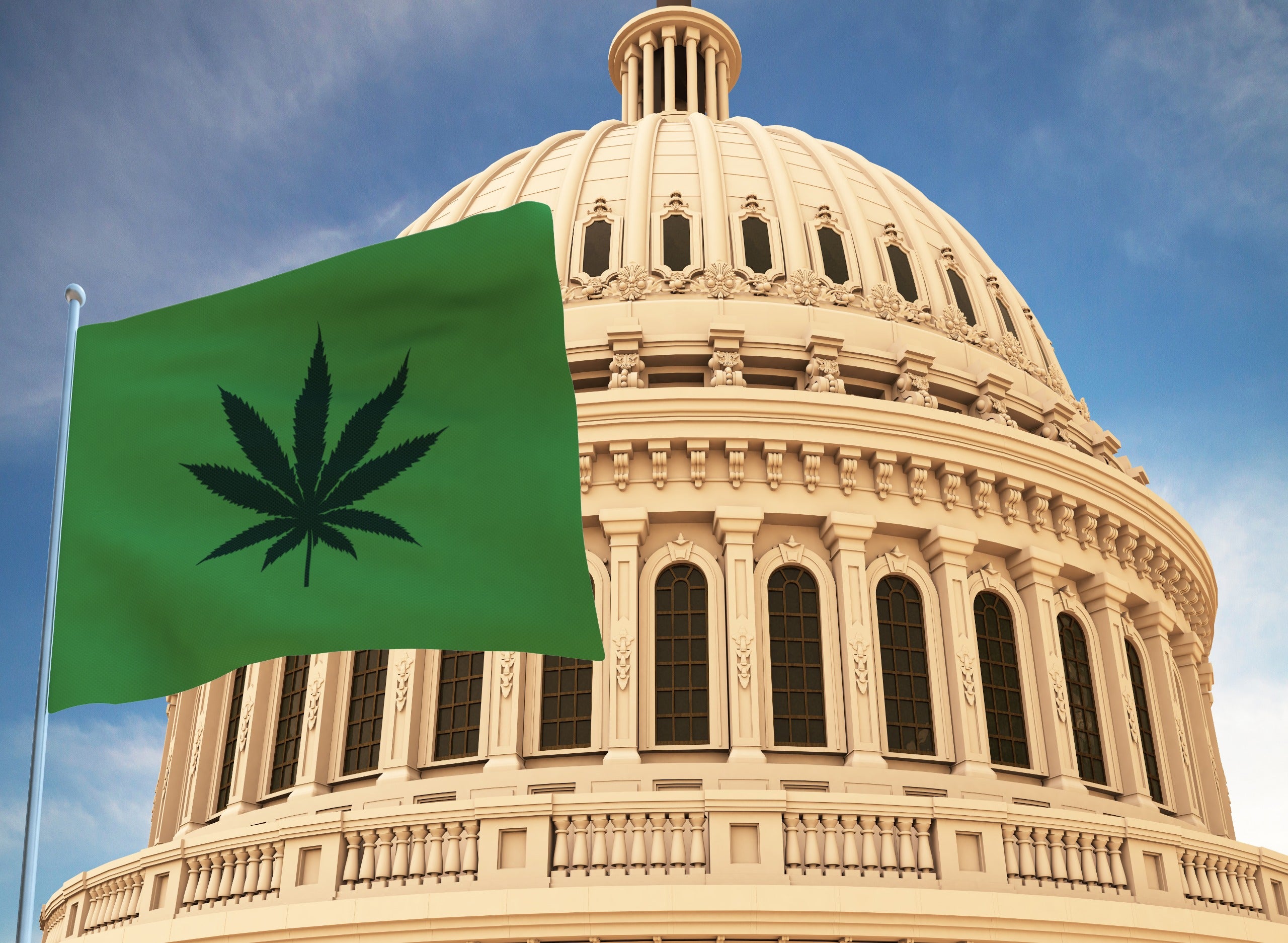In a landmark move indicating growing bipartisan consensus, the Senate Banking Committee advanced a pivotal bill aimed at rectifying a longstanding concern within the burgeoning legal cannabis industry: the inability to access traditional banking services due to federal marijuana prohibition. This positive shift could spell a new dawn for marijuana businesses that have hitherto retailed operated in cash, heightening risks in the sector. Similarly, it will help cannabis brands access financial aid from banks and other institutions for licenses, dispensary supplies, and other crucial factors.
The Rise of the SAFER Banking Act
Previously known as the SAFE Banking Act, the freshly christened SAFER (Secure and Fair Enforcement Regulation) Banking Act sailed through the 23-member Senate Banking Committee, gaining approval with a 14-9 vote favoring its progression to the Senate floor, albeit with several technical amendments.
This watershed moment signals the first instance wherein the legislation has received a green light in the Senate. Charlie Bachtell, the CEO of Cresco Labs, lauded the development, stating it marked “a big step in a multistep process.” However, he also hinted at the necessity for refinements before a full Senate vote.
The Battle Against the Illicit Cannabis Market
Supporters argue that this bill, if enacted, will strengthen the regulated cannabis industry, allowing it to combat the illicit cannabis market effectively. Saphira Galoob, executive director of the National Cannabis Roundtable, emphasized the bill’s importance, citing it as “urgently needed” to ensure public and consumer safety.
Ed Schmults, CEO of StateHouse Holdings, also hailed the bill’s potential benefits, projecting a gradual decrease in capital costs for cannabis firms as they gain access to conventional banking resources.
Amendments and Considerations
The committee adopted a range of technical amendments but rejected several others. Notably, amendments proposing a sunset clause on the SAFER Banking Act policies and modifications to Section 10 of the bill did not pass.
Next Steps and Potential Hurdles
While the bill’s progress is a promising sign of federal reforms of marijuana, it’s crucial to note that it’s still a considerable distance from becoming a law. With a potential federal government shutdown looming in October, time that could otherwise be used to advance the bill may be diverted.
The SAFER Banking Act, essentially a revamped version of past cannabis banking reform efforts, would provide a “safe harbor” for financial institutions working with state-sanctioned marijuana entities. Critics, however, point out that the bill still maintains certain stringent regulations that could be burdensome for financial institutions.
The Uncertain Road Ahead
Given the unpredictability surrounding a potential government shutdown, the bill’s fate remains uncertain. Notably, while the previous versions had passed the House multiple times during Democratic control, the current Republican-led House might prioritize differently.
Charlie Bachtell, CEO of Cresco Labs, shared this sentiment, suggesting that the SAFER Banking Act could be attached to other legislation with a higher chance of approval.
Bottom Line
Despite the hurdles ahead, one can’t overlook the importance of the Senate Banking Committee’s approval. As discussions continue and both political parties engage in the bill’s shaping, many industry insiders like Bachtell remain optimistic about achieving a compromise. The burgeoning cannabis industry and its fight against the illicit market might finally see brighter days ahead with the potential enactment of this legislation.












Leave a comment
All comments are moderated before being published.
This site is protected by reCAPTCHA and the Google Privacy Policy and Terms of Service apply.